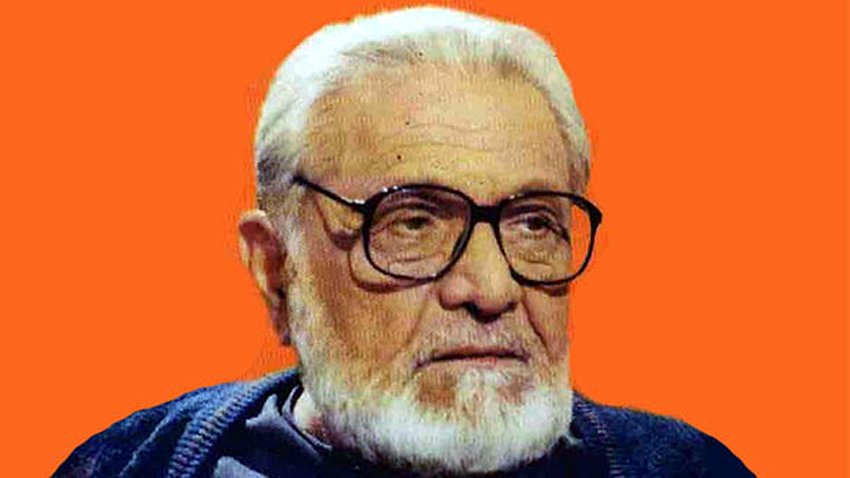Ashfaq Ahmed: A Legendary Voice in Urdu Literature
Ashfaq Ahmed was a celebrated Pakistani writer, playwright, broadcaster, and thinker, whose name stands tall among the great literary figures of the subcontinent. His stories, essays, and thought-provoking talks continue to touch the hearts of millions even years after his death.
Early Life and Education
Ashfaq Ahmed was born on August 22, 1925, in Muktsar, Punjab, British India. After the Partition in 1947, he migrated to Pakistan and settled in Lahore. He completed his Master’s degree in Urdu literature from Government College Lahore. During his time there, he met Bano Qudsia, who later became his wife and a literary legend in her own right.
Literary Career
Ashfaq Ahmed’s literary journey began with his short story Gaddarya (The Shepherd), which gained immediate recognition. Over his lifetime, he wrote more than thirty books, focusing on themes such as love, spirituality, morality, and human psychology.
Notable Works:
-
Aik Mohabbat Sau Afsanay
-
Zaviya (Volumes 1–3)
-
Mann Chalay Ka Sauda
-
Baba Sahiba
-
Safar Dar Safar
-
Tota Kahani
-
Hairat Kadah
His stories often went beyond entertainment, offering readers deep reflections on life and human nature.
Radio and Television Contributions
In 1962, Ashfaq Ahmed launched the iconic radio program Talqeen Shah. It became a cultural phenomenon, especially in rural areas of Pakistan. He also held the position of director at the Markazi Urdu Board (later known as the Urdu Science Board) for nearly three decades.
On television, he was known for his deeply engaging programs Baithak and Zaviya. In these shows, he would speak with young people and answer their questions with wisdom, often drawing on spiritual and philosophical themes.
Venture into Film
Ashfaq Ahmed also tried his hand at cinema. In 1968, he wrote and directed the film Dhoop Aur Sayay (Sun and Shades). Though it didn’t do well commercially, he believed the film was ahead of its time and reflected his deeper, more intellectual side.
Spiritual Journey and Legacy
In his later years, Ashfaq Ahmed’s writings became more spiritual, influenced by his closeness to Sufi thinkers and friends like Qudrat Ullah Shahab and Mumtaz Mufti. He frequently discussed Sufi concepts like Ishq-e-Haqiqi (Divine Love), the self, and the journey toward inner peace.
He passed away on September 7, 2004, in Lahore due to pancreatic cancer. He was buried in Model Town, Lahore, leaving behind a treasure of wisdom in his works.
Awards and Honors
Ashfaq Ahmed was recognized for his contributions to Urdu literature and Pakistani society with several prestigious national awards:
-
Pride of Performance Award
-
Sitara-i-Imtiaz (Star of Excellence)
Conclusion
Ashfaq Ahmed was not just a writer — he was a philosopher, a teacher, and a spiritual guide to many. His ability to blend simple storytelling with profound insights made him a unique figure in Urdu literature. His legacy lives on in his books, his television and radio shows, and in the hearts of those who continue to seek wisdom through his words.


Pingback: Diyaar-e-Ishq Novel By Qanita Khadija - Honor